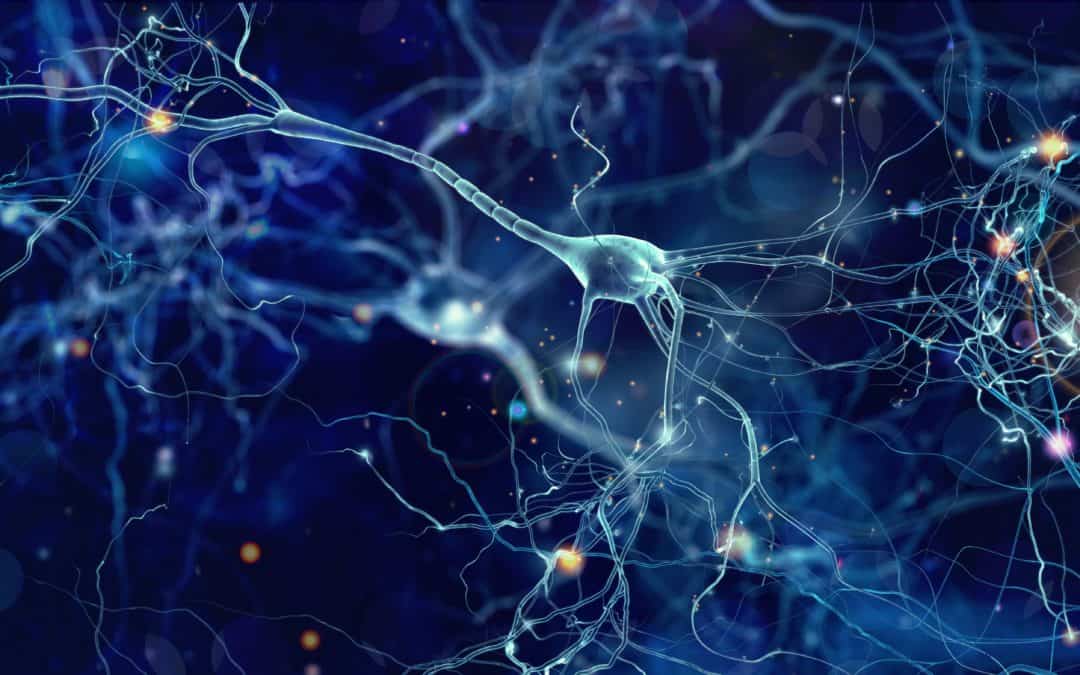Drug addiction affects more lives than most people think. Maybe you have heard the old adage that using drugs is like taking ice cream scoops out of your brain. That may be a bit of an exaggeration, but the reality of drug use affecting the brain can nevertheless be terrifying. Each year, more and more Americans fall victim to the hardships of drug abuse and addiction.
If you or a loved one suffers from drug dependency, you will want to arm yourself with as much knowledge as you can. Prepare for an emergency by brushing up on how drugs work, both on the body and the brain. So how do drugs affect the brain?
Drug Categories: An Overview
Generally, drugs fall into two main categories. These categories are called stimulants and depressants. Stimulants work by stimulating the body’s central nervous system. Stimulants also commonly go by the name of “uppers.” Examples of stimulants are drugs like methamphetamine, cocaine, and crack. Depressants work in the opposite way, in that they depress the body’s central nervous system. This is why depressants are so often referred to as “downers.” Examples of depressants include marijuana, alcohol, heroin, and Xanax.
As things get more specific, these two categories are broken down even more. While all of the following will fall into either the stimulant or depressant category, they will also fall into one of the following sub-categories:
- Hallucinogens
- Dissociative anesthetics
- Inhalants
- Narcotic analgesics
- Opioids
- Benzodiazepines
- Alcohol
- Tobacco
- Cannabis
- Prescription drugs/pharmaceuticals
- MDMA
- Amphetamines
How Is the Body Affected by these Drugs?
Over time, most drugs begin having negative effects on one’s body. Various diseases and medical conditions have been linked to the use of drugs and alcohol. Cancers, organ failure, and brain erosion have been linked to many drugs both among stimulants and depressants. Physical addiction can occur with nearly all drug categories, whether they are stimulants or depressants.
Stimulants break down the body over time by wearing one’s central nervous system down. Having unnatural levels of stimulation on the body can lead to severe health risks. Meanwhile, depressants have the negative effect of depressing the body’s internal systems to dangerously low levels. As a result, organ failure is a common risk, as is stroke and heart attack.
How Is the Brain Affected by these Drugs?
Like the body, the brain is negatively affected by drug use. While the brain is elastic and has the ability to recover over time, it is possible to do irreversible brain damage through drug use. Mental health disorders, erosion of the prefrontal cortex, and brain-related trauma are all common effects of drug use on the brain. Meanwhile, psychological addiction can occur within all drug categories.
Stimulants overload the brain, making it difficult to preserve cognitive function, long-term memory, motor functions, and impulse control. Oftentimes, stimulant drug use creates a cycle of use, crash, and relapse. Depressants, too, have a negative impact on long-term memory and impulse control. Motor functions, brain development, information retention, and brain chemical activity can all be decimated by depressant use. In general, every category of drugs has some way of damaging your mind and your body.
Why You Need Treatment for Recovering from Addiction to these Drugs
The cycle of addiction can be detrimental to one’s life. By finding effective treatment, one puts themselves in a better position to reclaim their freedom. Finding the appropriate system of support makes all the difference during the rehabilitation process. By finding qualified and compassionate care, one puts themselves in the best possible position for a successful recovery.
Attempting withdrawal solo is not a good idea as it can be extremely dangerous. Plus, more often than not, it leads to relapse and continued use.
In conclusion, if you or a loved one is struggling with dependency in one of the aforementioned drug categories, it’s not too late to get help. Through a medically supervised detoxification process, one can effectively rid their body of any substance and its damaging effects. A proper detoxification program, coupled with a knowledgeable team of medical professionals, provides a new lease on life to those struggling with addiction and dependency.
Find Help for Drug Addiction in Tennessee
Here at Detox-West Tennessee in Memphis, TN, we are ready to give you the fresh start you deserve. We provide a comfortable, professional, and compassionate environment conducive to healing. In addition, our fully functional residential drug and alcohol detox and rehabilitation center is fully equipped to help you overcome any challenge. Allow our team of qualified and passionate professionals to give you the tools necessary to kiss dependency goodbye once and for all. Contact us today and take the first step in your personalized recovery journey.


